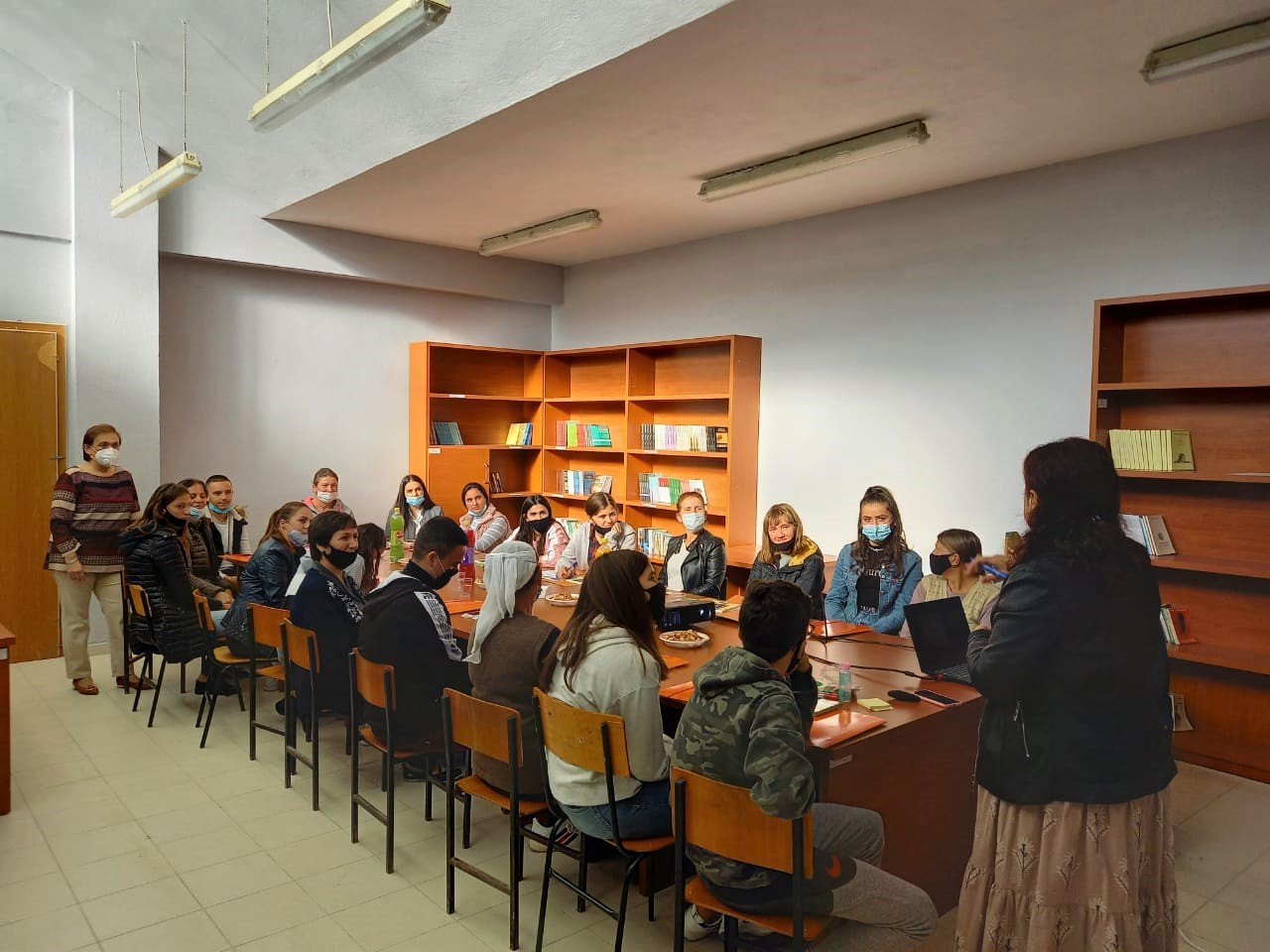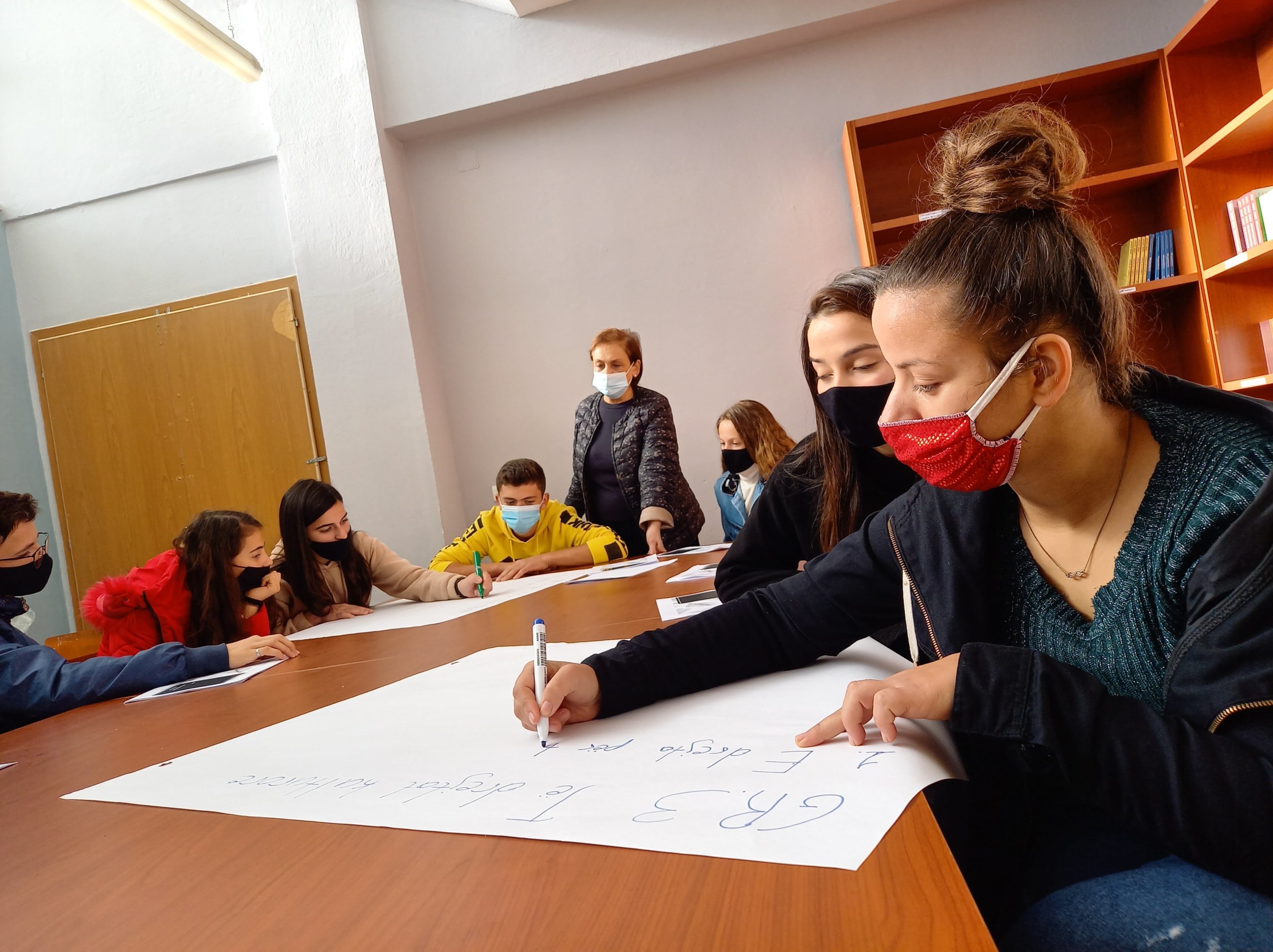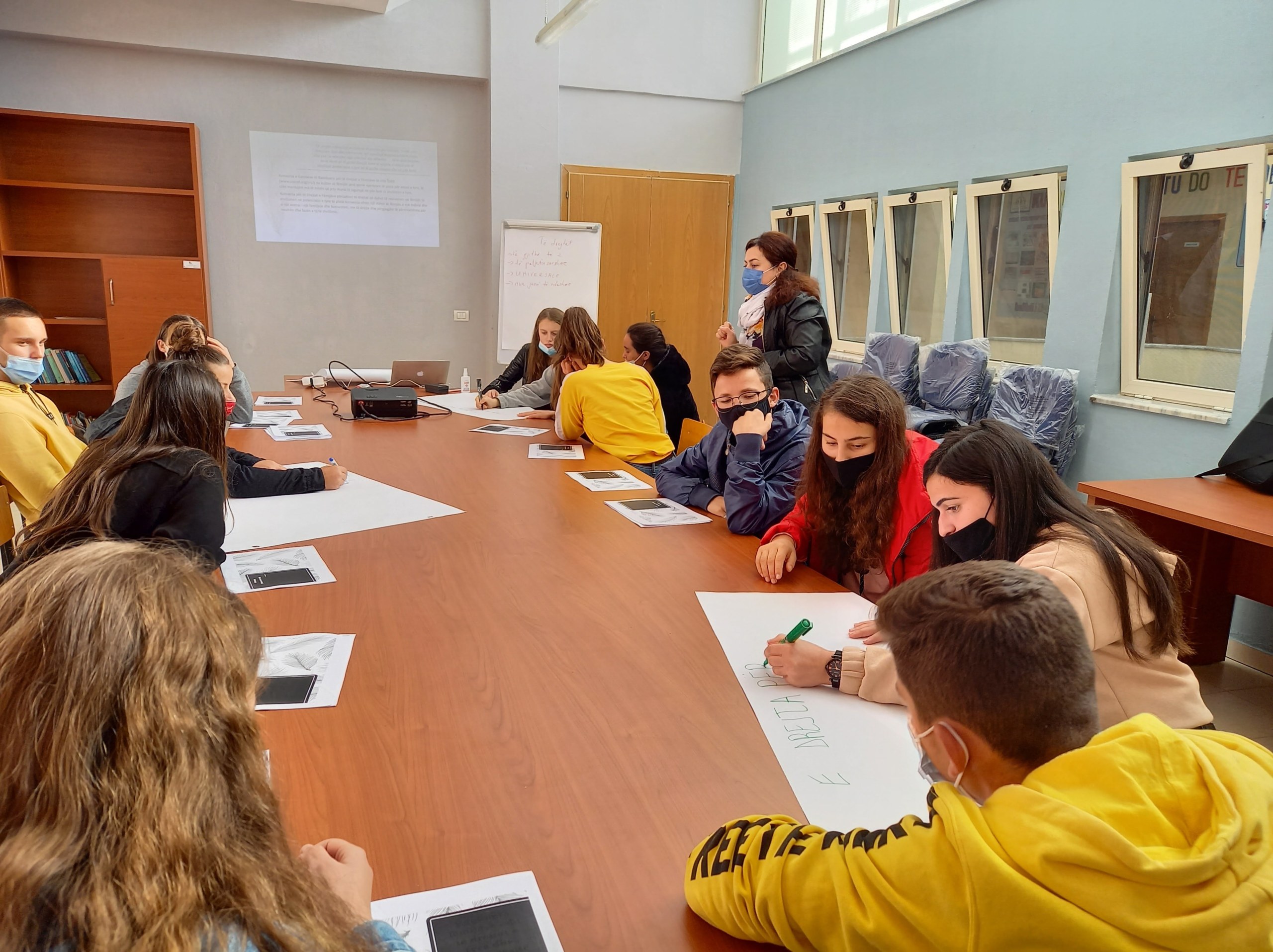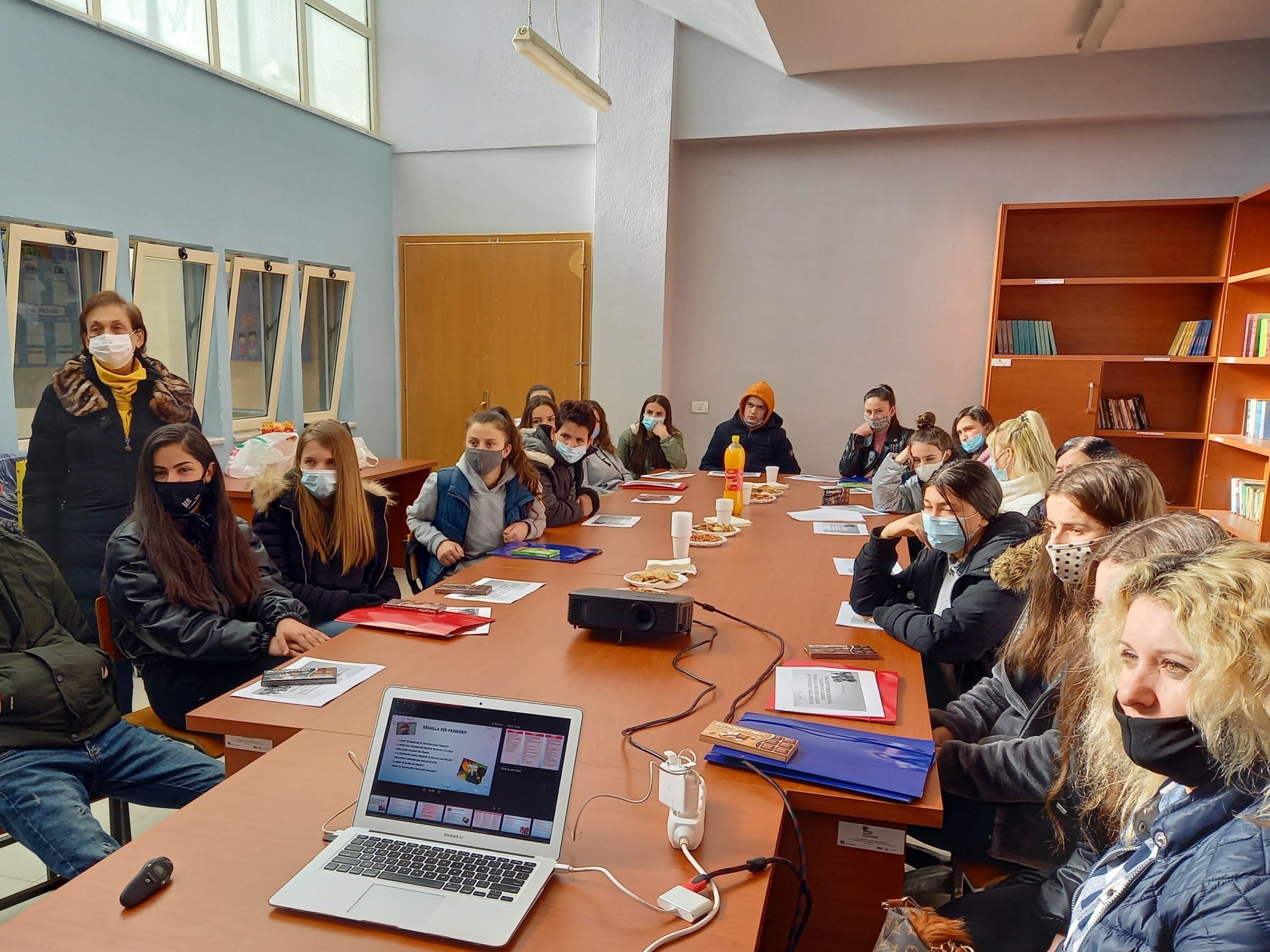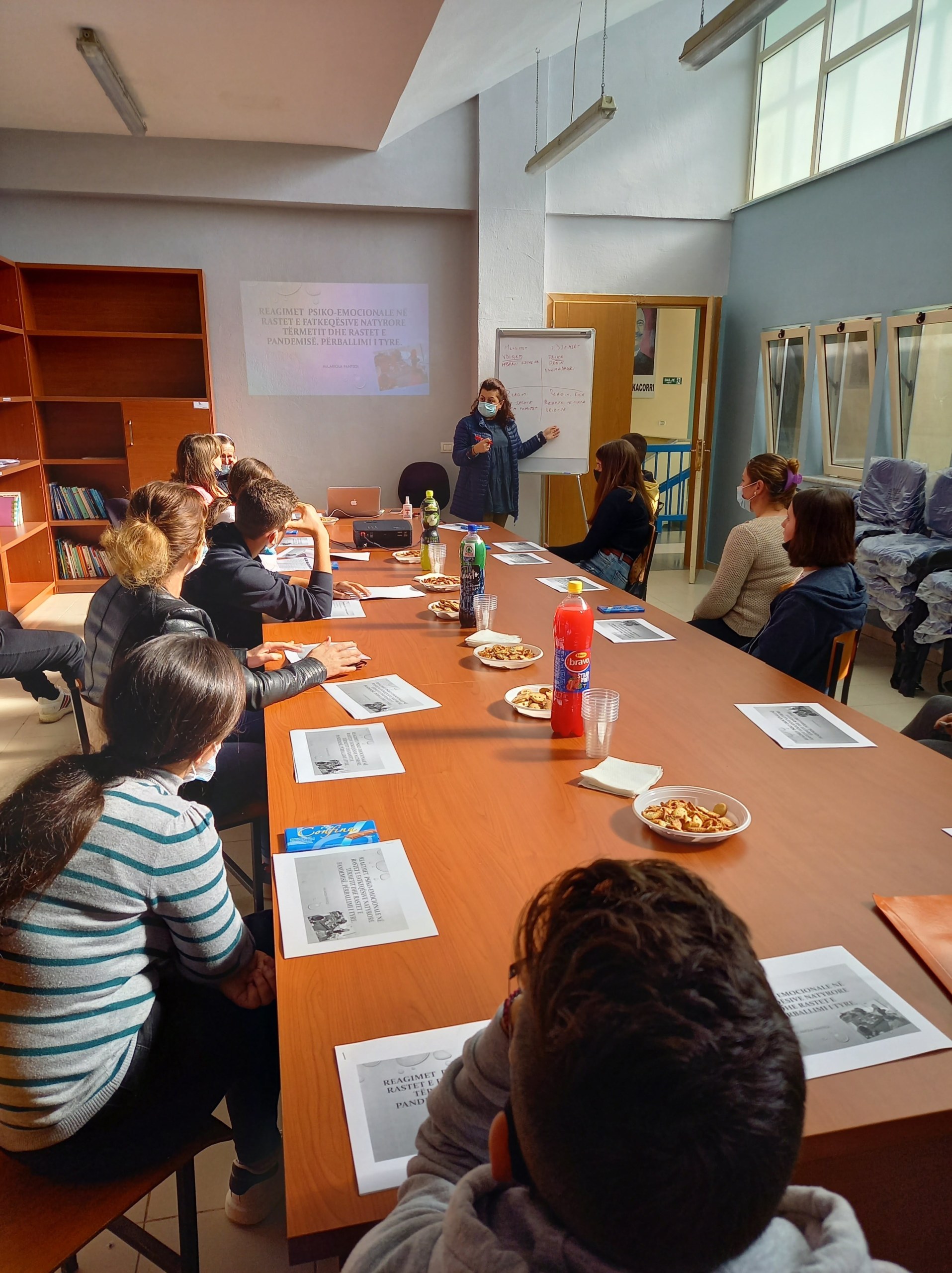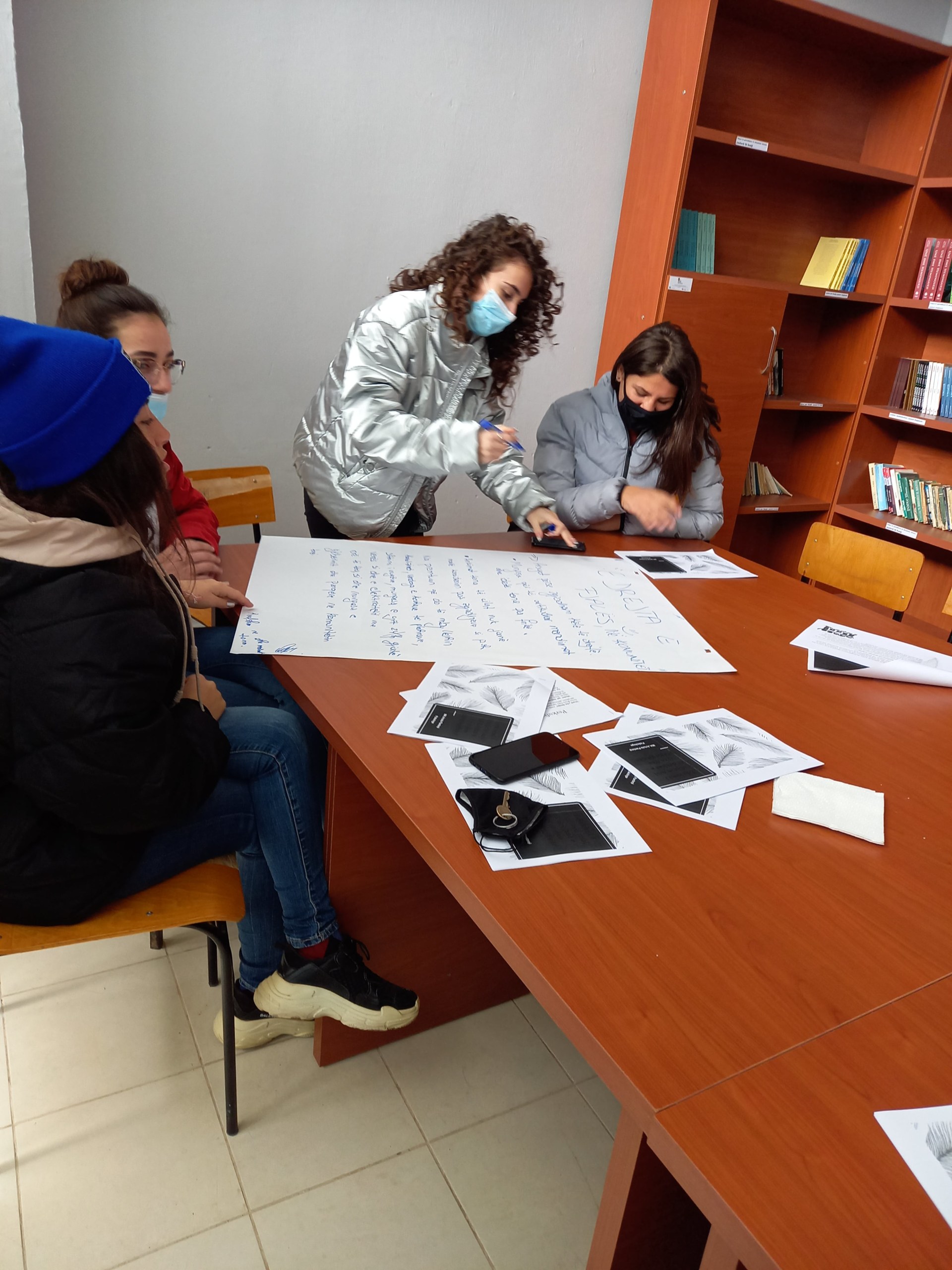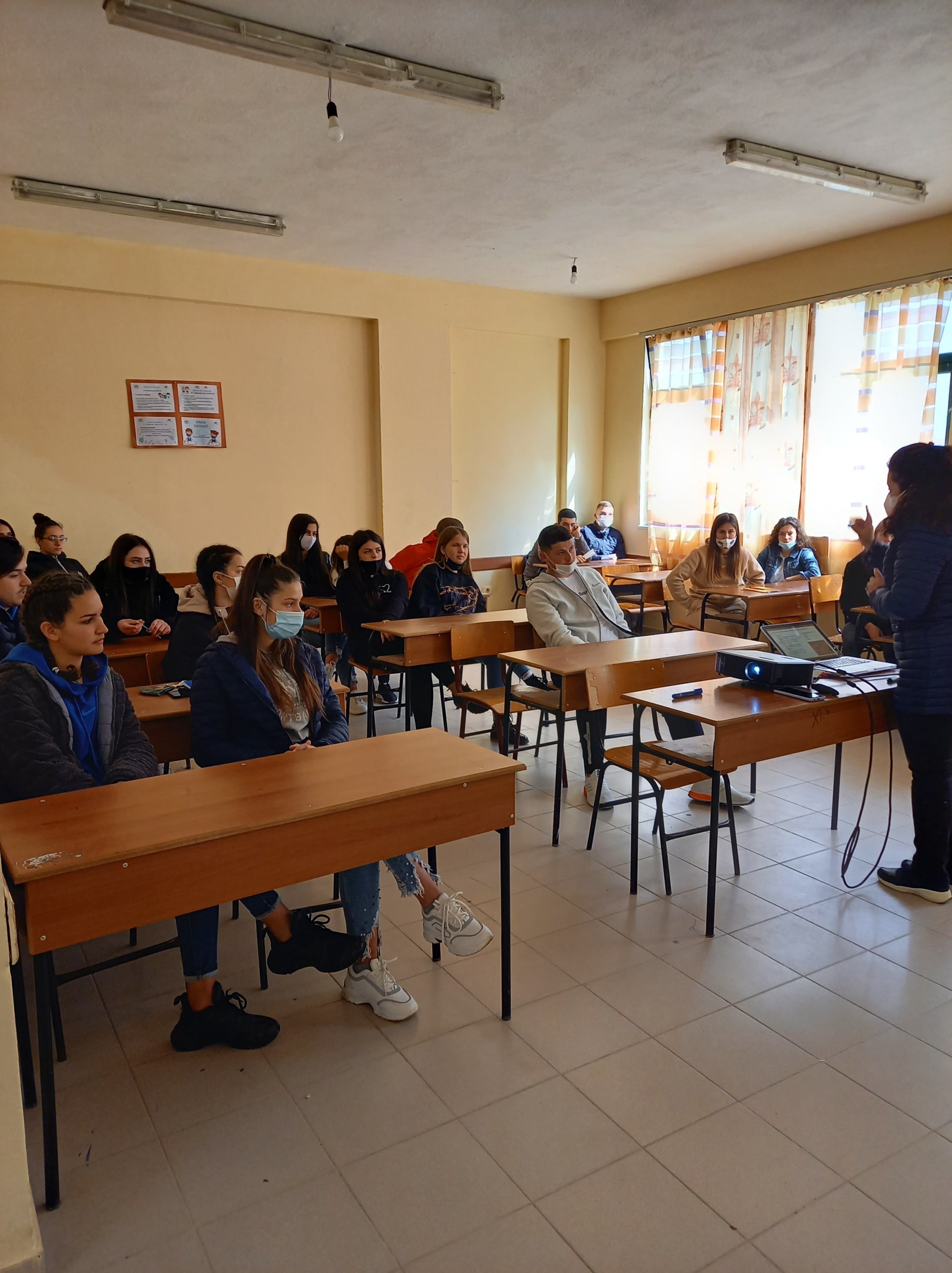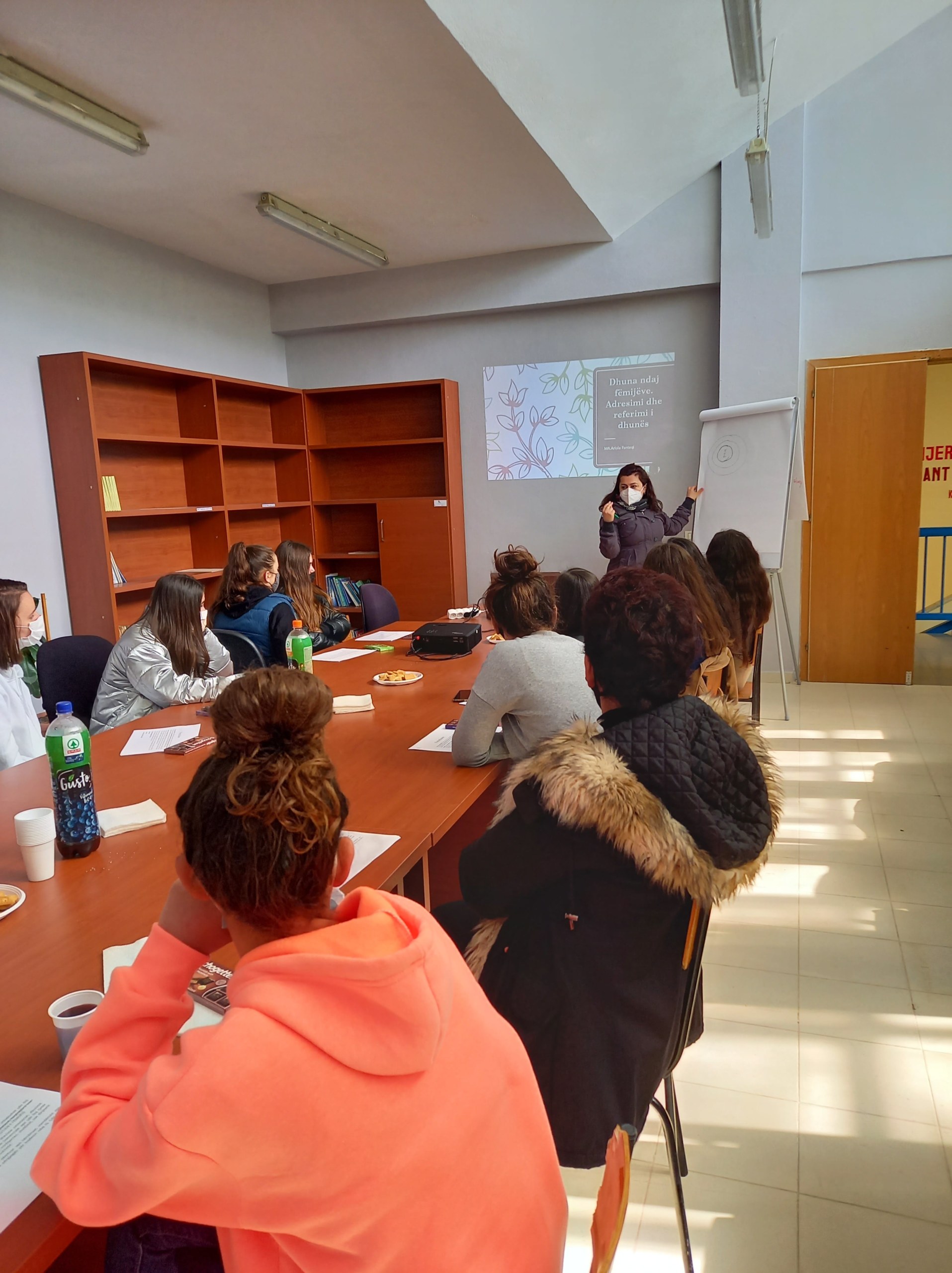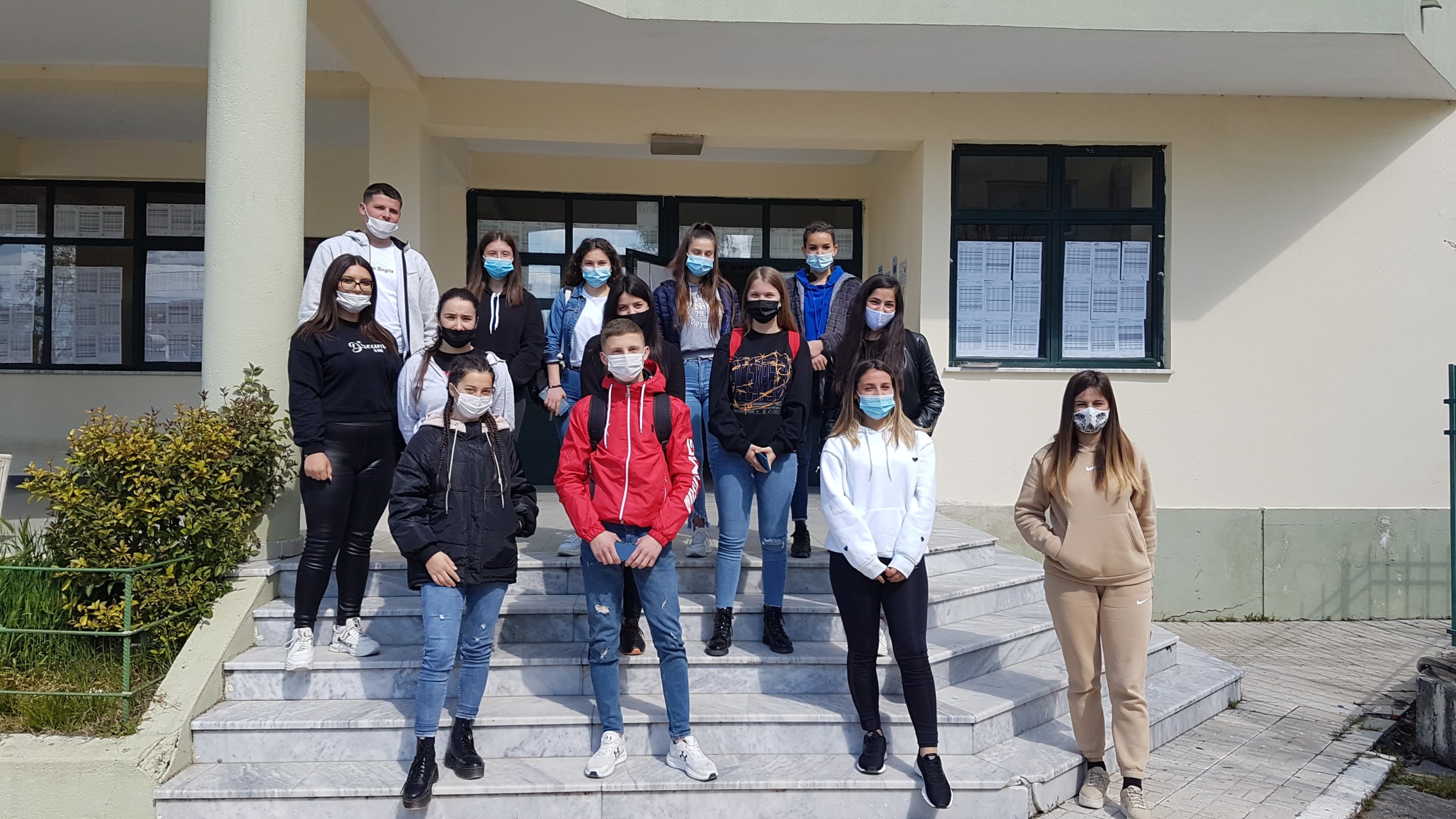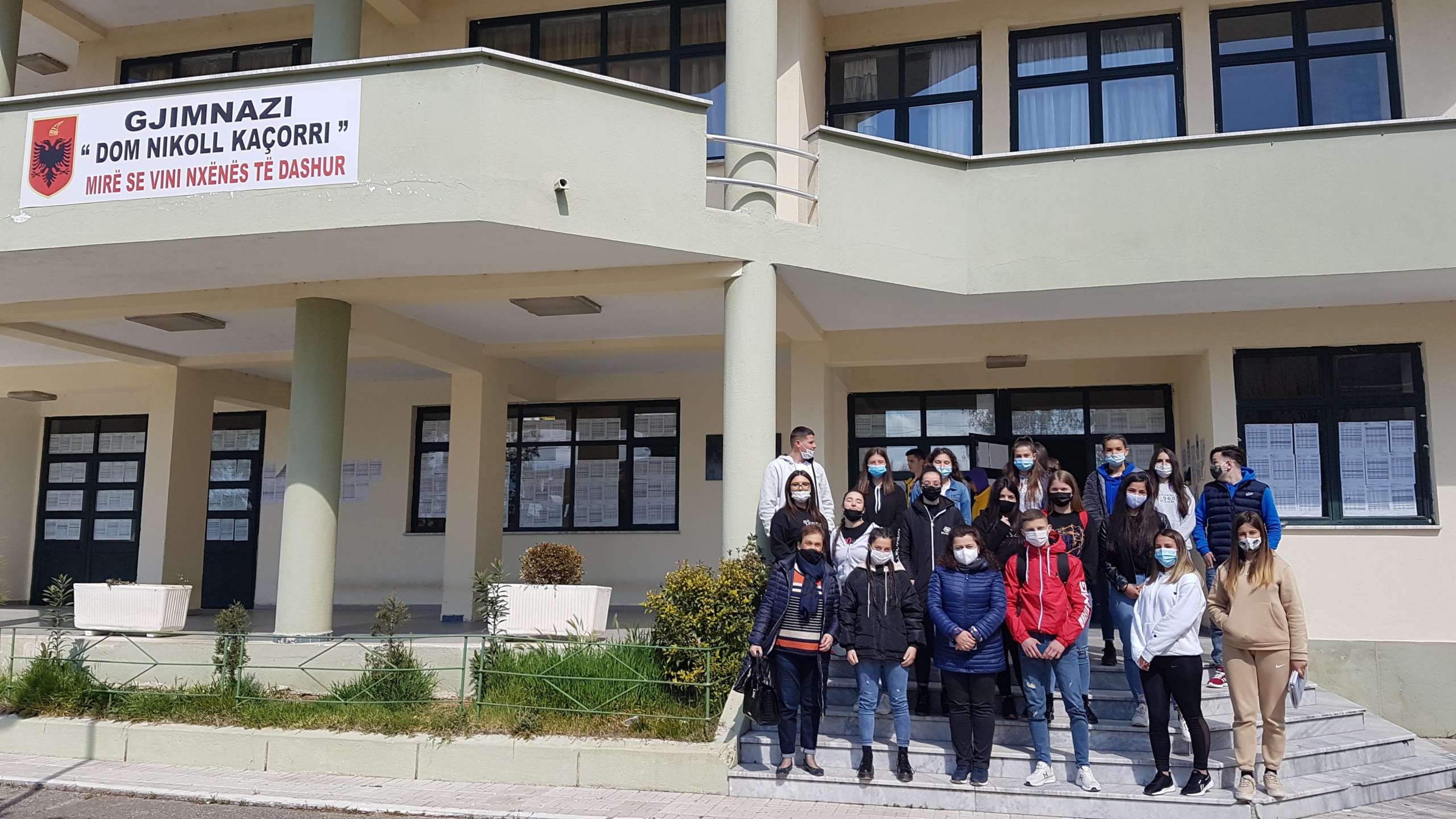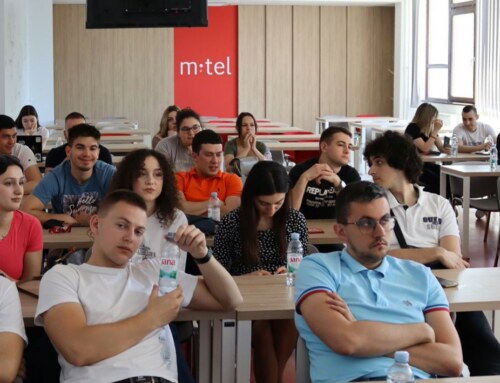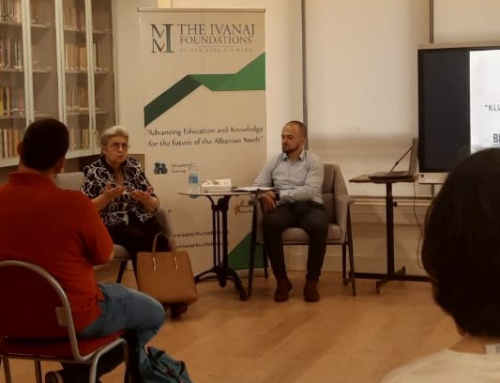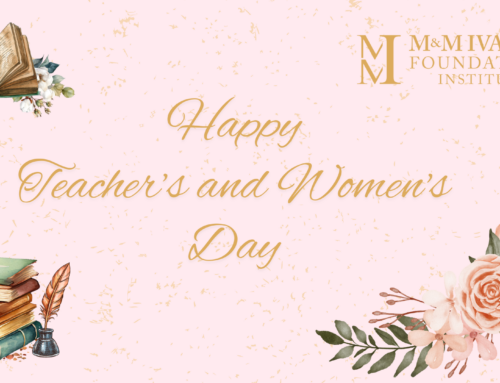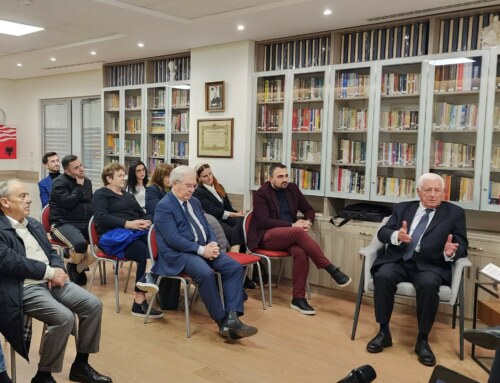The devastating effect and the trauma caused by the earthquake back in November 2019 is still lingering amongst our memories. It was even more difficult to overcome for the families in the most affected areas such as Këneta e Durrësit, Bubq and Ishëm, located in the Durrës Prefecture area (Durrës & Kruja Municipality). We started this committed project back on March 1st, 2020, just when the pandemic started to strike, and against the odds we managed to process it despite the encountered challenges.
In such disaster management contexts, family members as well as health care and school personnel are the first-line responders and are natural sources of continued social support as children recover.
Although psychologists have increased sophisticated understandings of post-disaster reactions and strategies to help children and adolescents cope with trauma, models to respond to mass catastrophes are limited, particularly in geographically remote communities and in regions where mental health services are stigmatized.
Parents’ unavailability to offer immediate support and comfort to children can increase the distress associated with these frightening events.
Children's reactions relate not only to the immediate terror of the event, but also to the disruption of normal daily life, the distress and alarm exhibited by the adults who care for them, and the destruction of all that is familiar, including their home as well as physical and social structures in the communities.
During the first phase of this project, we provided trainings and counseling sessions to more than 40 adolescents aged 15-17 years old. The students were all from the same high school "Dom Nikoll Kaçorri", located at Këneta e Durrësit. Parents and supervisors of the students also joined these meetings, which was of great help to the attendees in processing and better understanding the information given by the therapist.
Our skilled psychologist with previous experience in the field, created modules related to sensitive topics such as post-earthquake trauma management, parent-child communication, traumas, positive discipline in child development, domestic violence and its impact on children well-being, as well as educating children about their rights and responsibilities, addressing and referring various forms of abuse, and entities responsible for children's rights protection.
This guide has been translated in English and will be soon available online for free in our website.
The second phase of the project focused on the psychological assistance centered in education and counseling sessions. Women (parents) of the students involved had the possibility to participate in a second phase of counseling with the same psychologist. The end of the project culminated with four follow up trainings/sessions during this month of April, as per predetermined project’s schedule.
We will continue our unrelenting job in working with youth and educating it, providing timely projects and meaningful resources to it, so that its path can be progressive and its future better refined.
Do continue to follow us in the development of all our projects whose implementation is always shared by us on our website and the social platforms of Facebook, Instagram, and LinkedIn. And do consider supporting us with your donations easily processed online through this link: https://ivanaj-foundations.org/get-involved/donors/. We are well positioned to know where help is needed after quite a few years of accomplished endeavors and expanding experience on Albanian ground.
This project is supported by the financial contributions raised by Albanian American Women in Washington DC, through the Valbin's Center for International Programs (CIP) and is being implemented by ‘The Ivanaj Foundations of New York and Tirana’.
